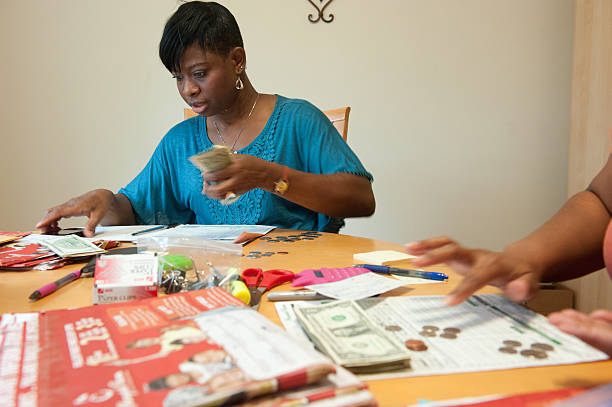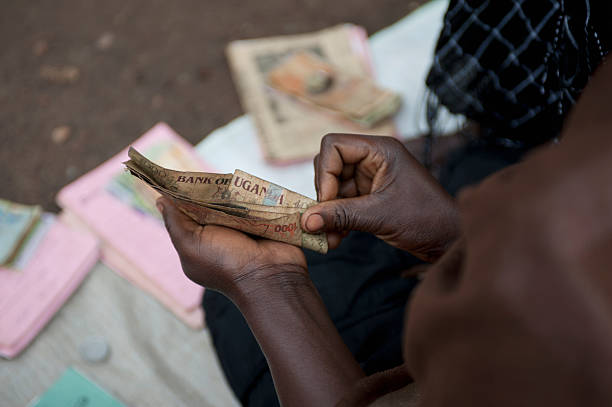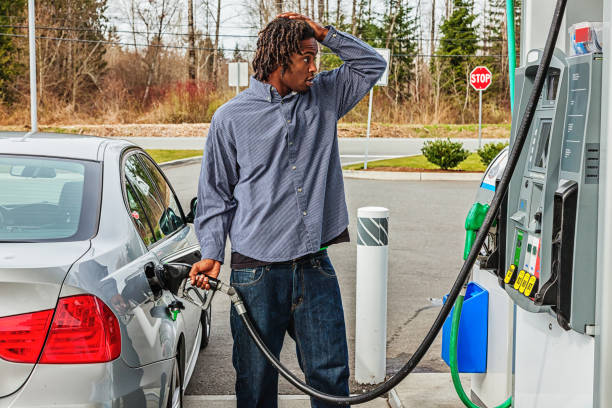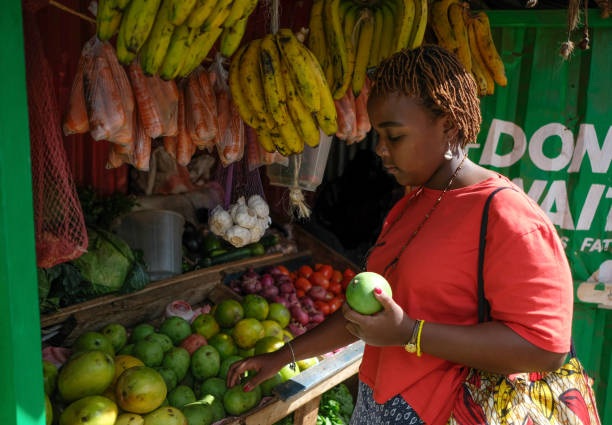For many Nigerians today, making a financial decision no matter how small is no longer just about budgeting. It’s about survival. Whether it’s buying a bag of rice, enrolling a child in school, or paying for data, every purchase is now accompanied by anxiety, calculation, and hesitation. This financial second-guessing isn’t just a personal habit; it is a direct consequence of an economy in crisis.
Amid rising inflation, currency volatility, and stagnant wages, Nigerians are re-evaluating what it means to spend, save, or invest. The economic climate is shaping a culture of caution one where even the most basic financial decisions have become a high-stakes gamble.
How Nigerians are Made to Second-Guess Every Financial Decision
Inflation and the Erosion of Purchasing Power

The most immediate driver of financial insecurity is inflation. According to Nigeria’s National Bureau of Statistics, the country’s inflation rate reached over 30% in 2024, the highest in decades. Essentials like food, electricity, fuel, and healthcare have doubled or tripled in price.
As prices skyrocket, salaries have remained largely stagnant. A civil servant or teacher earning ₦50,000 a month now faces the impossible task of stretching that income across skyrocketing bills. Even middle-class families once comfortable are now feeling the pressure.
The effect? People are second-guessing every financial decision. Items that were once routine weekend outings, small luxuries, even household repairs are now viewed as indulgences.
Currency Instability and Import Dependency

The Naira’s persistent devaluation against the dollar has worsened consumer confidence. With a parallel market rate sometimes more than double the official rate, businesses often pass on unpredictable exchange rate costs to consumers. Since Nigeria imports a significant percentage of its goods from electronics to medication these global fluctuations are felt most acutely at the retail level.
A consumer looking to purchase imported baby formula or a spare part for a car must now consider whether the price will double by next month. In this uncertainty, buyers often delay purchases or resort to cheaper, lower-quality alternatives.
This environment of instability doesn’t just affect consumption it limits investment. Who wants to save or start a small business when tomorrow’s costs are unknowable?
Fuel Subsidy Removal and Everyday Mobility

The removal of fuel subsidies in 2023 had far-reaching ripple effects. Public transportation costs doubled in many cities. Food prices soared due to increased logistics costs. For many low-income Nigerians, it has become harder to simply move from place to place.
This has had a cultural effect too. Social events, church gatherings, hospital visits, and job interviews are now filtered through a lens of affordability. Before attending, people must ask: can I spare the transport fare?
Mobility, a basic right, is now a luxury.
The New Psychology of Spending

What we are witnessing is a shift in the psychology of money. Previously, many Nigerians spent with hope, hope that things would improve, that jobs would come, that salaries would rise. Now, spending is driven by fear: fear of scarcity, fear of the future, fear of missing out on savings opportunities.
This has birthed a hyper-frugal generation. People are trading status symbols for sustainability. Thrift markets (okrika), second-hand electronics, and shared living spaces are no longer stigmatized. They’re embraced as smart, adaptive choices.
Mobile banking apps and fintech platforms now compete not only to provide services but to be tools of control—allowing users to track every naira. From budgeting spreadsheets to money-saving WhatsApp groups, Nigerians are becoming financially literate out of necessity, making better financial decisions along the way.
A Call for Systemic Change

While individuals adapt, the systemic issues persist. Without stronger institutions, wage reforms, localized manufacturing, and reliable public services, the burden will remain on citizens to make impossible choices.
Policymakers need to acknowledge that this isn’t just about numbers on a chart. It’s about mental fatigue. Financial precarity is impacting family dynamics, education, mental health, and long-term national productivity.
Nigeria’s current economic reality is teaching its citizens to become cautious, even cynical, spenders. Every naira now comes with a question: “Is this wise?” “Can I survive tomorrow if I spend this today?”
Until the broader economic landscape stabilizes, the culture of second-guessing will remain deeply embedded. But in this hardship lies resilience a generation learning to make the most out of less, navigating crisis with grit, creativity, and community.
